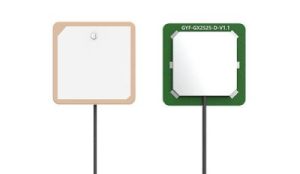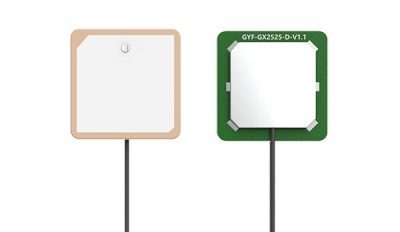GPS Antenna Selection Guide: Core Differences Between Active and Passive Antennas
Introduction
If you are looking for GPS hardware for a project or device, especially if you are having trouble deciding between “active” and “passive” antennas, this guide is for you. Below I will combine the core parameters, scenario requirements, and technical implementation dimensions to sort out the key points of selection, so that you can be more confident in your choice.

GPS Antenna Selection Guide: Core Differences between Active and Passive Antennas
I. Core Differences
Active Antenna (power supply required)
Features: Built-in signal amplifier to enhance weak signal reception
Advantages:
• High stability in complex environments (high-rise buildings/metal film inside the car)
• Supports extension cables over 1 meter (roof/ship installation)
Applicable scenarios: vehicle navigation, industrial equipment, drones
Passive Antenna (power supply free)
Features: Pure physical structure, no external power supply required
Advantages:
• Small size and zero power consumption
• Cost reduction of more than 30%
Applicable scenarios: smart watches, outdoor handheld devices, low-cost projects
II. Key points for selection decisions
Preference is given to active antennas:
In-car metal film environment | Urban high-rise building dense area | Ship/large vehicle
Preference is given to passive antennas:
Outdoor open area | Portable wearable device | Cost-sensitive products
III. Common pitfall avoidance guide
In-vehicle installation:
Metal film windows will shield signals, so active antennas must be used and connected to the roof
Avoid placing the antenna under the dashboard (metal parts interfere)
Portable devices:
Passive antennas need to maintain a view of the sky (may lose connection if placed in pockets)
Avoid being close to electromagnetic interference sources such as mobile phones/WiFi
Industrial scenarios:
Long-distance transmission (>1 meter) must be paired with active antennas
In high-temperature environments, choose industrial-grade modules that are resistant to -40℃~85℃
IV. Summary in one sentence
“For complex environments that require gain – choose active; for lightweight and portable environments that require simplicity – choose passive”


